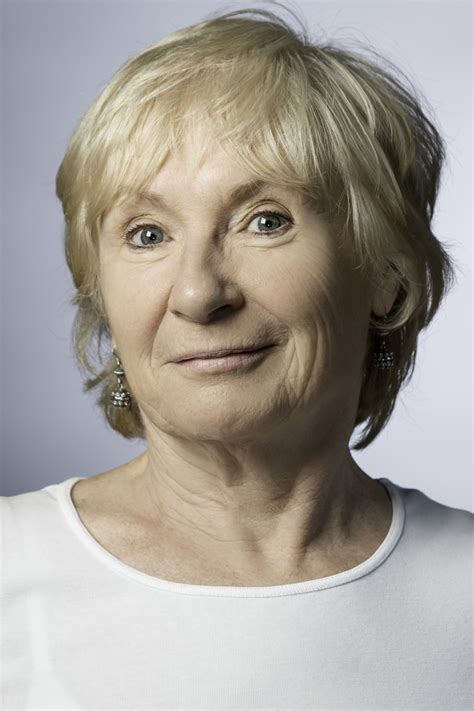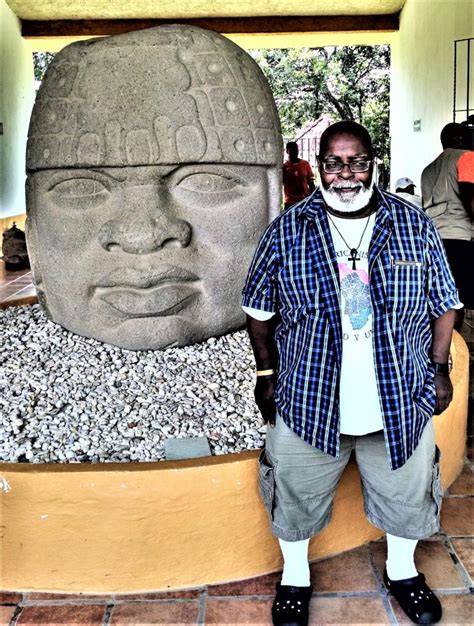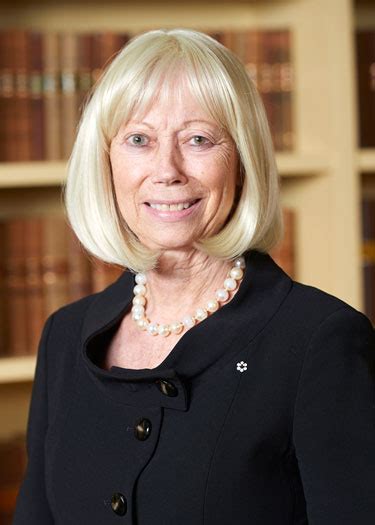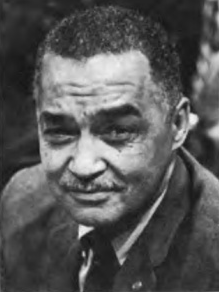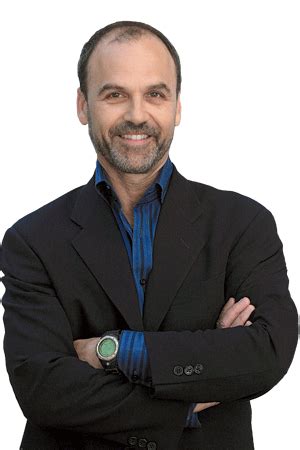A Quote by Eileen O'Brien
Find a balance between one's responsibility as a white person to confront acts of racism and one's subconscious sense of power and privilege over people of color when reacting to the [racist] event.
Related Quotes
Anyone who understands anti-racist work, a white person specifically, understands that it is not black people's responsibility, or any person of color's responsibility, to dismantle the structures that keep white people in positions of power. We do our job to thrive, to survive. To protect ourselves, to sit together and feel better and to heal.
I find that white people in general, including white liberals and even revolutionaries, are most inclined to call you a racist when they don't want to confront the ugly realities that their racism has created. In their eyes, when you attempt to address those realities from your perspective you become a racist.
In the U.S., while individual whites might be against racism, they still benefit from their group's control. Yes, an individual person of color can sit at the tables of power, but the overwhelming majority of decision-makers will be white. Yes, white people can have problems and face barriers, but systematic racism won't be one of them.
White privilege is the other side of racism. Unless we name it, we are in danger of wallowing in guilt or moral outrage with no idea of how to move beyond them. It is often easier to deplore racism and its effects than to take responsibility for the privileges some of us receive as a result of it... Once we understand how white privilege operates, we can begin to take steps to dismantle it on both a personal and institutional level.
It is an absolute impossibility in this society to reversely sexually objectify heterosexual men, just as it is impossible for a poor person of color to be a racist. Such extreme prejudice must be accompanied by the power of society's approval and legislation. While women and poor people of color may become intolerant, personally abusive, even hateful, they do not have enough power to be racist or sexist.
White people are so unappreciative, they don't even acknowledge and understand what it means to be white in Canada, and all the layers of privilege that come with that. So they're shocked when somebody says, 'What just happened is racist,' and they said, 'Oh no, couldn't possibly be.' They see racism as people with KKK gowns and pointy hoods with eyes cut out. And we had those too.
Many white people experience themselves as powerless, even in the face of privilege. But the fact is that we all have a sphere of influence, some domain in which we exercise some level of power and control. The task for each of us, White and of color, is to identify what our own sphere of influence is (however large or small) and to consider how it might be used to interrupt the cycle of racism.
While I was able to pass as white as soon as I came to America, this was not really possible while I was growing up, as it was pretty obvious that I wasn't 'all German.' So my privilege was that in America, I could conveniently withhold one of my bloodlines and avoid racism and discrimination. That is not a privilege most people of color have.
To solve the new century's mounting social and environmental problems, people of color activist and white activists need to be able to join forces. But all too often, the unconscious racism of white activists stands in the way of any effective, worthwhile collaboration. The Challenging White Supremacy Workshop is the most powerful tool that I have seen for removing the barriers to true partnerships between people of color and white folks. If the CWS trainings were mandatory for all white activists, the progressive movement in the United States would be unstoppable.
The problem is that white people see racism as conscious hate, when racism is bigger than that. Racism is a complex system of social and political levers and pulleys set up generations ago to continue working on the behalf of whites at other people's expense, whether whites know/like it or not. Racism is an insidious cultural disease. It is so insidious that it doesn't care if you are a white person who likes Black people; it's still going to find a way to infect how you deal with people who don't look like you.
This film isn't about "white racism", or racism at all. DEAR WHITE PEOPLE is about identity. It's about the difference between how the mass culture responds to a person because of their race and who they understand themselves to truly be. And this societal conflict appears to be one that many share.
